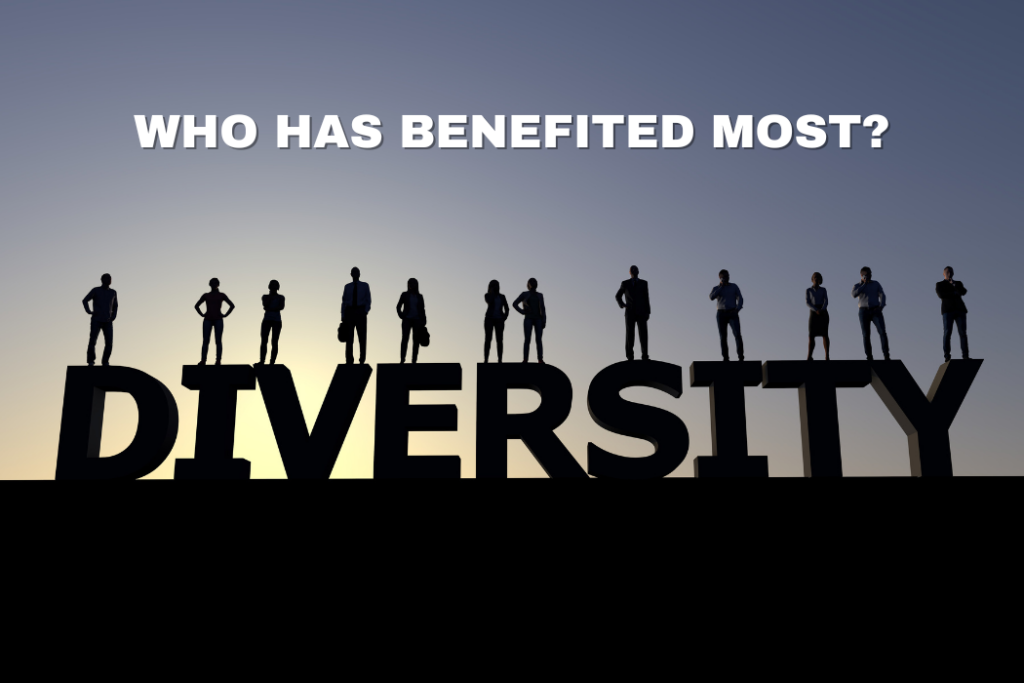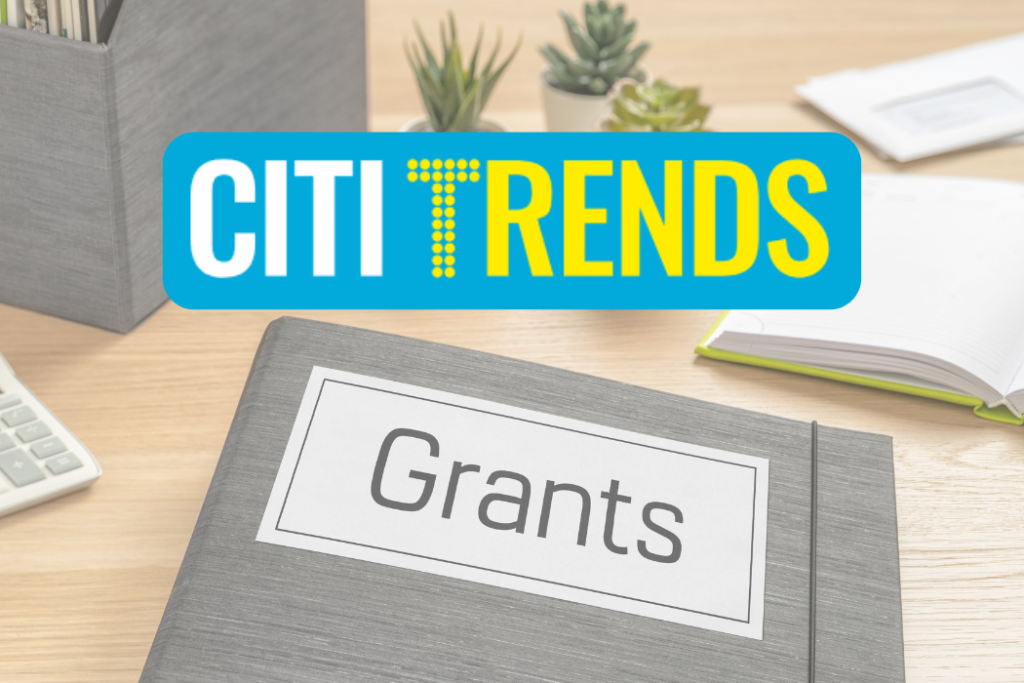NEW YORK – Citi announced today the launch of the $150 million Citi Impact Fund that will make equity investments in “double bottom line” private sector companies that have a positive impact on society. Citi will invest its own capital in U.S.-based companies that are applying innovative solutions to help address four societal challenges:
- Workforce Development – solutions that train and connect people to careers.
- Financial Capability – solutions that increase access to the financial system.
- Physical & Social Infrastructure – solutions that improve an individual’s way of life through housing, healthcare and transportation.
- Sustainability – solutions that address issues related to energy, water and sustainable production.
“It takes companies of all sizes to address the challenges our society faces today,” said Citi CEO Michael Corbat. “While Citi’s global footprint and scale allow us to use our balance sheet to play an important role, smaller, newer, ‘double bottom line’ companies play an equally important role in driving change.”
This is the largest fund of its kind to be launched by a bank using its own capital. Investments, which could be as high as $10 million, will primarily be made in companies that have demonstrated proof of concept, built an existing customer base, secured prior rounds of funding and exhibited the potential for scale in multiple markets. A portion of the fund is designated for earlier stage seed investments.
Citi will actively seek opportunities to invest in businesses that are led or owned by women and minority entrepreneurs. As part of that commitment, the seed funding will be allocated exclusively to investments in businesses led or owned by women and minorities.
“The gender and ethnic gap in the startup world is very real, with reports showing a small fraction of venture capital funding being allocated to women and minority owned startups,” said Ed Skyler, executive vice president, Global Public Affairs at Citi. “Our intention is to not only help these businesses scale and thrive but to also shine a light on the investment opportunities among this pool of often overlooked, high potential entrepreneurs.”
Citi’s approach to Environmental, Social and Governance (ESG) includes executing a business model that adds value to society through its products, catalyzing innovation through strategic philanthropy and taking a stand on issues that matter. This fund will complement Citi’s existing efforts, with the goal of achieving financial returns while making a positive societal impact. The focus areas above are areas where Citi has experience through its philanthropy, business transactions and its own operations and advocacy.
- Since 2014, the Citi Foundation’s “Pathways to Progress” initiative has connected hundreds of thousands of young people around the world to jobs, paid internships, workforce training and leadership development. This work is implemented in conjunction with community organizations and municipal leaders and leverages the time and talents of thousands of Citi employee volunteers.
- Through the “City Accelerator,” a collaboration between the Citi Foundation and Living Cities, the cities of Pittsburgh, St. Paul, San Francisco and Washington, D.C., explored innovative practices aimed at closing the funding gaps in their city infrastructure plans, with particular attention to projects that have a positive economic impact on low-income residents. For example, the City Accelerator helped Washington, D.C., create an actionable plan for its initiative to convert 75,000 of the city’s streetlights to cheaper, energy-efficient LED technology, and install a Wi-Fi access platform to improve wireless access to the public.
- Citi partners with other organizations to expand access for early-stage financing to companies that are addressing community challenges. For example, Citi, OPIC and the Ford Foundation recently launched a $100 million loan guarantee facility that will enable Citi to provide early-stage financing in local currency to companies that expand access to products and services for low-income communities in emerging markets.
- Citi has been helping to drive sustainable business practices in the finance sector for more than two decades, from innovations in sustainable finance to environmental and social risk management to climate risk assessment. For example, as part of our $100 Billion Environmental Finance Goal, Citi facilitated the largest financing package in the global renewable sector for a greenfield U.K. offshore wind farm located in the southern part of the North Sea, which supplies clean energy to more than 1 million U.K. homes.













